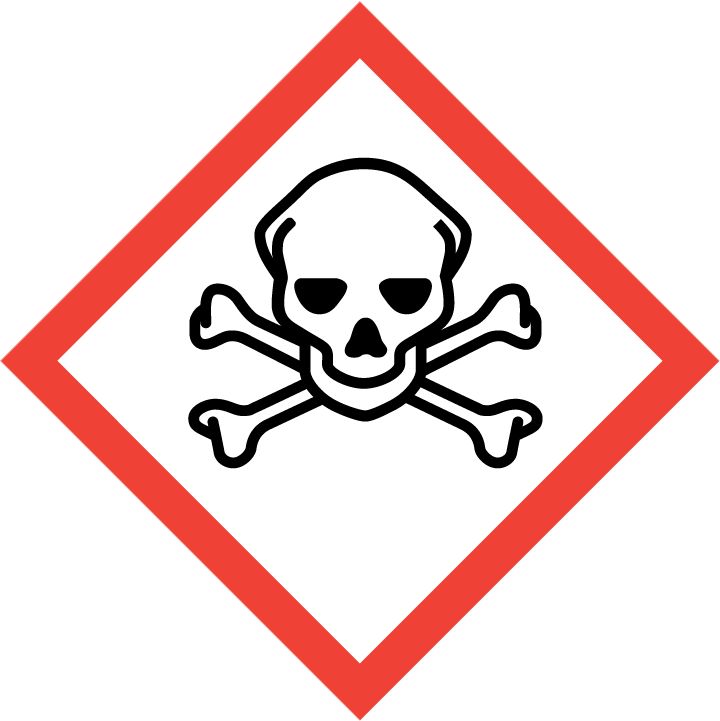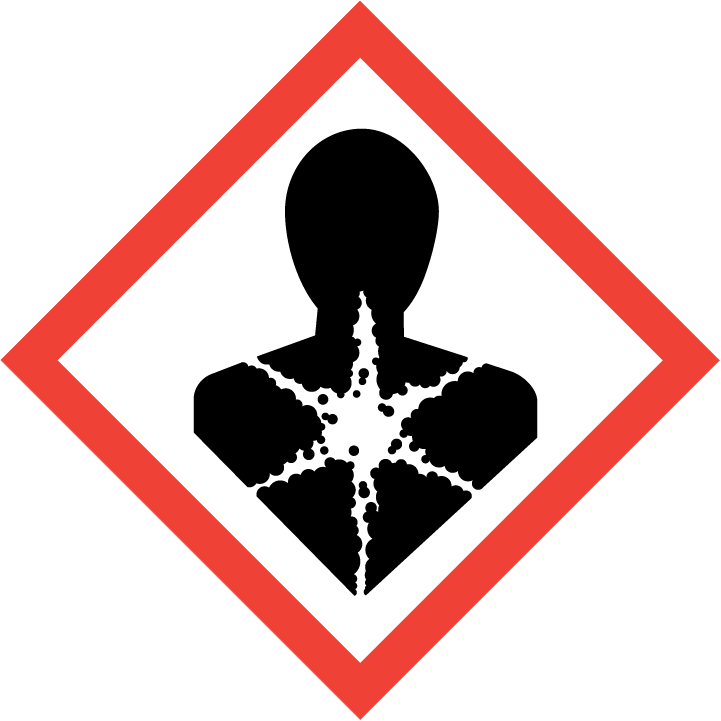3-Phenoxyphenyl isocyanate, also known as PPI, is a versatile chemical reagent commonly used in chemical synthesis due to its unique properties and reactivity. In organic chemistry, PPI is widely employed as a building block in the synthesis of various functional molecules and polymers. One of the key applications of 3-Phenoxyphenyl isocyanate is in the production of polyurethane materials. When reacted with polyols, PPI serves as a crucial component in the formation of polyurethane foams, coatings, adhesives, and elastomers. Its isocyanate group readily undergoes nucleophilic addition reactions with hydroxyl groups, leading to the formation of polyurethane linkages responsible for the material's flexibility and durability.Furthermore, PPI is utilized in the synthesis of pharmaceutical intermediates and agrochemicals. Its ability to react with nucleophiles, such as amines and alcohols, enables the creation of diverse chemical scaffolds essential in the production of active pharmaceutical ingredients and crop protection agents. Additionally, PPI's presence in these compounds can enhance their bioavailability and target specificity.In the field of materials science, 3-Phenoxyphenyl isocyanate plays a crucial role in the development of specialty coatings and adhesives. Its reactivity enables the formation of crosslinked polymer networks that exhibit excellent adherence to various substrates, corrosion resistance, and mechanical strength. These properties make PPI-based coatings ideal for applications in automotive, aerospace, and construction industries.

